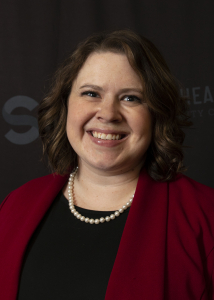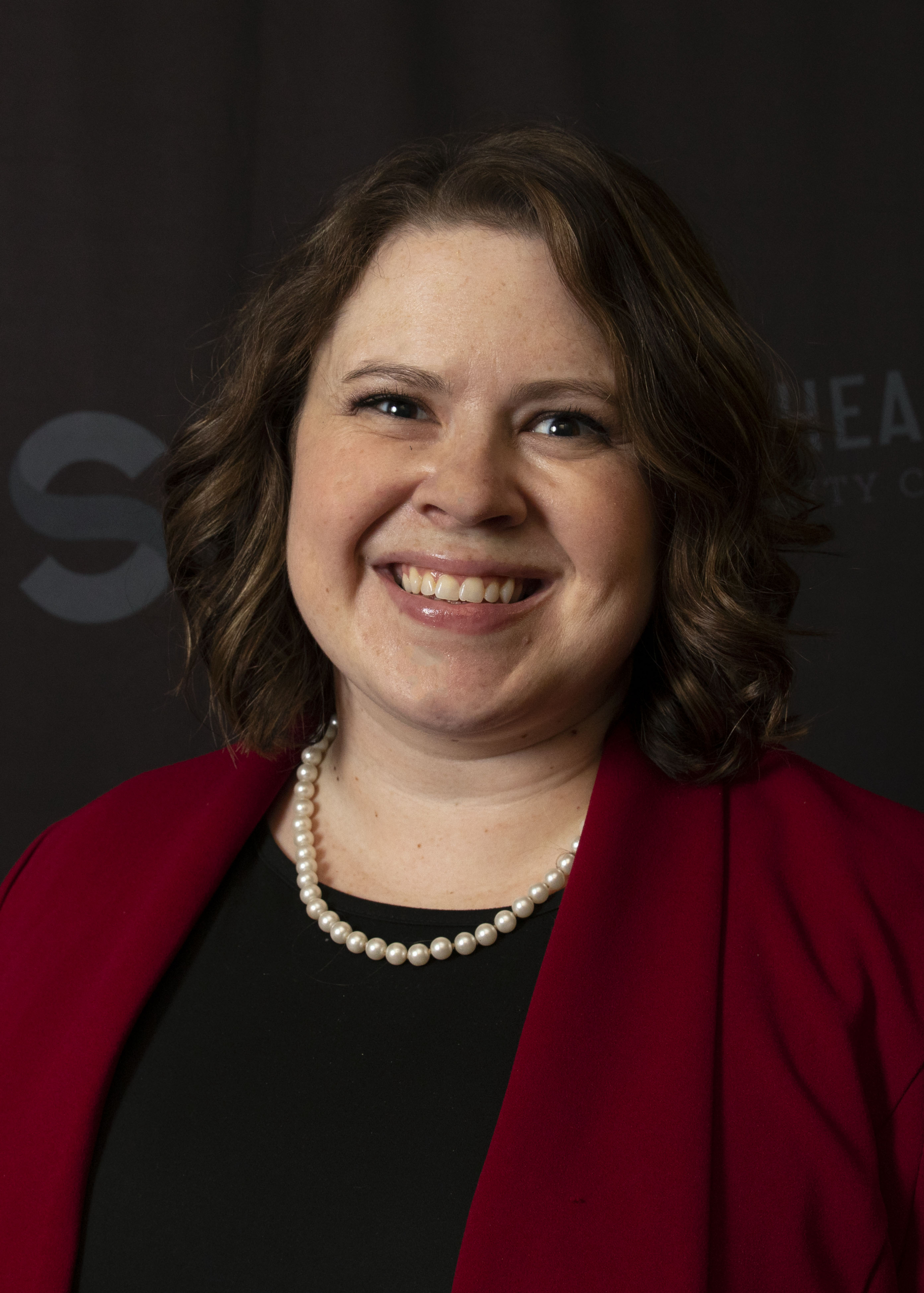 Meet Ashlee Spannagel, dean of career and technical education (CTE) and workforce development at Southeastern Community College. Her Techniques interview appears as part of a digital-exclusive spotlight series on fellows in the Postsecondary Leadership Success Program at ACTE – Sponsored by ECMC Foundation.
Meet Ashlee Spannagel, dean of career and technical education (CTE) and workforce development at Southeastern Community College. Her Techniques interview appears as part of a digital-exclusive spotlight series on fellows in the Postsecondary Leadership Success Program at ACTE – Sponsored by ECMC Foundation.
What leadership skills do you hope to develop as part of the Postsecondary CTE Fellowship?
I am grateful for the opportunity to expand my professional network. The postsecondary CTE fellowship at ACTE has helped me connect with other like-minded individuals. We share a passion and desire to improve CTE and serve in a capacity of leadership where we can truly impact change. I look forward to further developing my communication skills and my abilities to plan and implement scalable, long-lasting change.
In what ways have you innovated to engage students >amp; inspire colleagues in CTE through the COVID-19 pandemic?
Perhaps the greatest need I saw among my team during the pandemic was the desire and true need to feel connected to something larger: serving students, being part of the institution, being part of a team, etc. I worked very hard to be intentional about connecting with those on my team. And I learned to look for small opportunities to reach out, provide recognition and reinforce positivity. This helped to maintain a certain level of engagement among the team.
Our education systems face many challenges in 2022. Please discuss the steps CTE can take to improve equitable access to high-quality CTE programs of study.
There is a tremendous opportunity and a great challenge ahead for those of us who are blessed to work in CTE. We will need to rise to the occasion to meet the ever-changing needs of the workforce, technology, students and their families. While this may be difficult, we will persist, innovate and excel as we always have.
Programs of study will need to be closely examined and modified to ensure continued viability and relevance in this new environment. We must continue to review programs to ensure they are as aligned to industry standards as possible. Finally, we must adapt and evolve to meet the needs of our students, providing stackable, nationally recognized credentials as well as access to online training and strong support systems in place.
Learn more about the Postsecondary CTE Fellowship.
Please also meet:
- Tiffanie Rosier, STEM education coordinator at Northern Virginia Community College
- Tachaka Hollins, assistant vice chancellor for academic affairs at the Tennessee Board of Regents
- Tracey D. Cooper, executive director of nursing at Temple College
- Bernie Phelps, director of Perkins, Perkins Rural Reserve and dual enrollment at Montana Technological University, Highlands College
- Vickie Thomas, director of the Center for Workforce and Community Development at Eastern New Mexico University – Roswell
- Moira Lafayette, dean of health sciences and public safety at Blackhawk Technical College
- Brad Kinsinger, director of the Global Agriculture Learning Center at Hawkeye Community College
- Eric Sewell, director of technical education at Southern Union State Community College
- C.J. Wurster, district director at Maricopa County Community College District
- Katie Vincent, director of workforce partnerships at Owensboro Community and Technical College
- Dr. Xue Xing, assistant professor of teaching and learning at University of Nevada – Las Vegas
- Aleksander Marthinussen, program manager with NOVA SySTEMic at Northern Virginia Community College
- Dan Adams, former CTE administrator and current stay-at-home dad
- Martha Payán-Hernández, director of CTE at Fullerton College
- Darlene O’Rourke, Perkins grant director and officer at Queensborough Community College
- Shelsi Barber-Carter, CTE coordinator at Baton Rouge Community College








